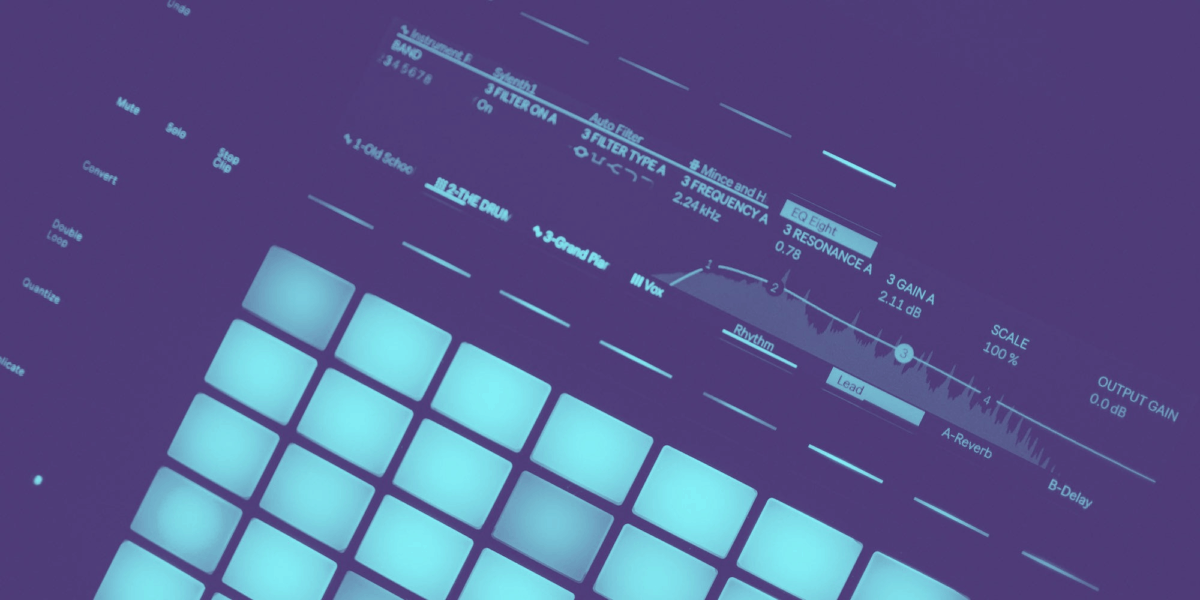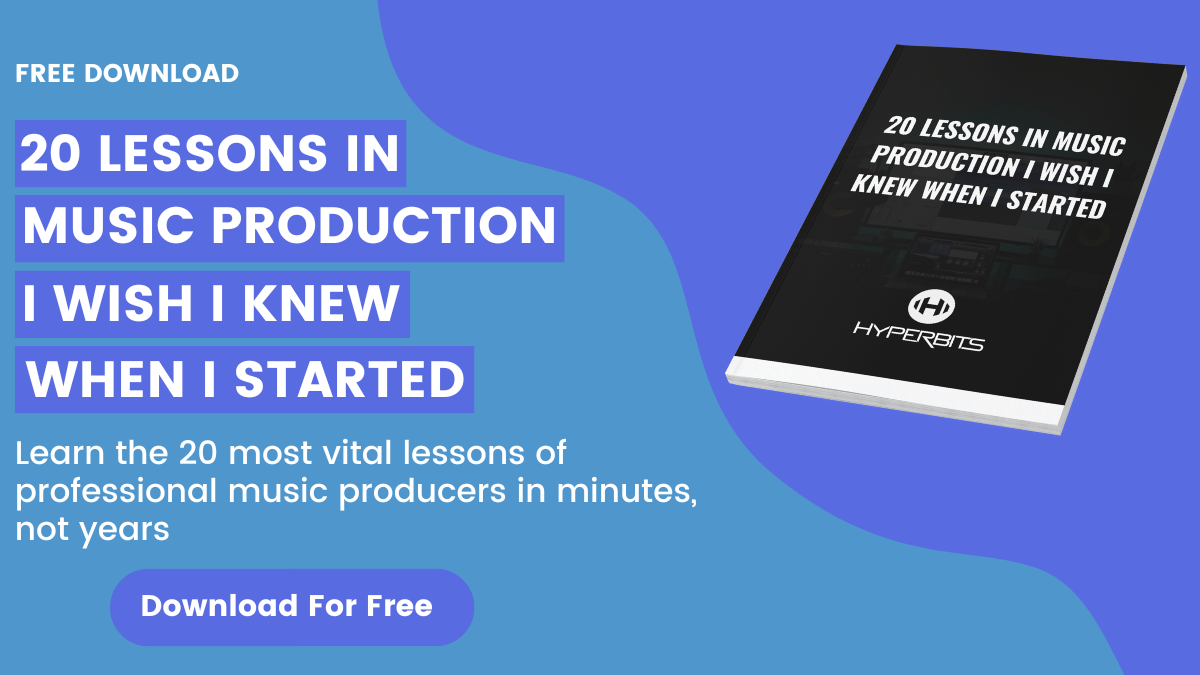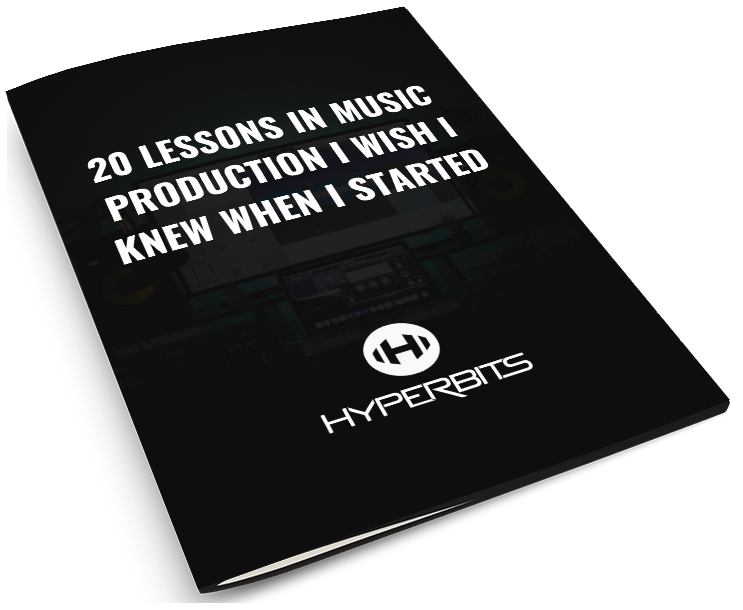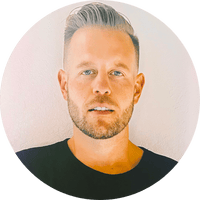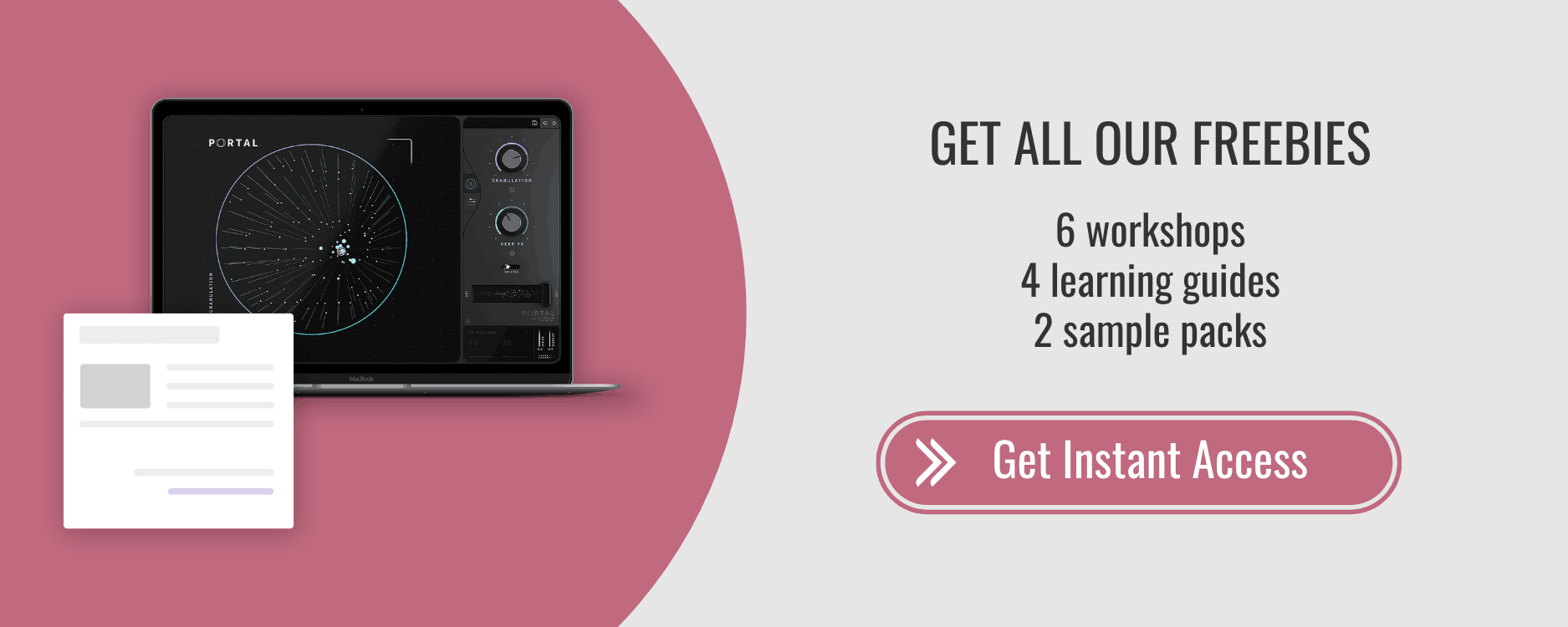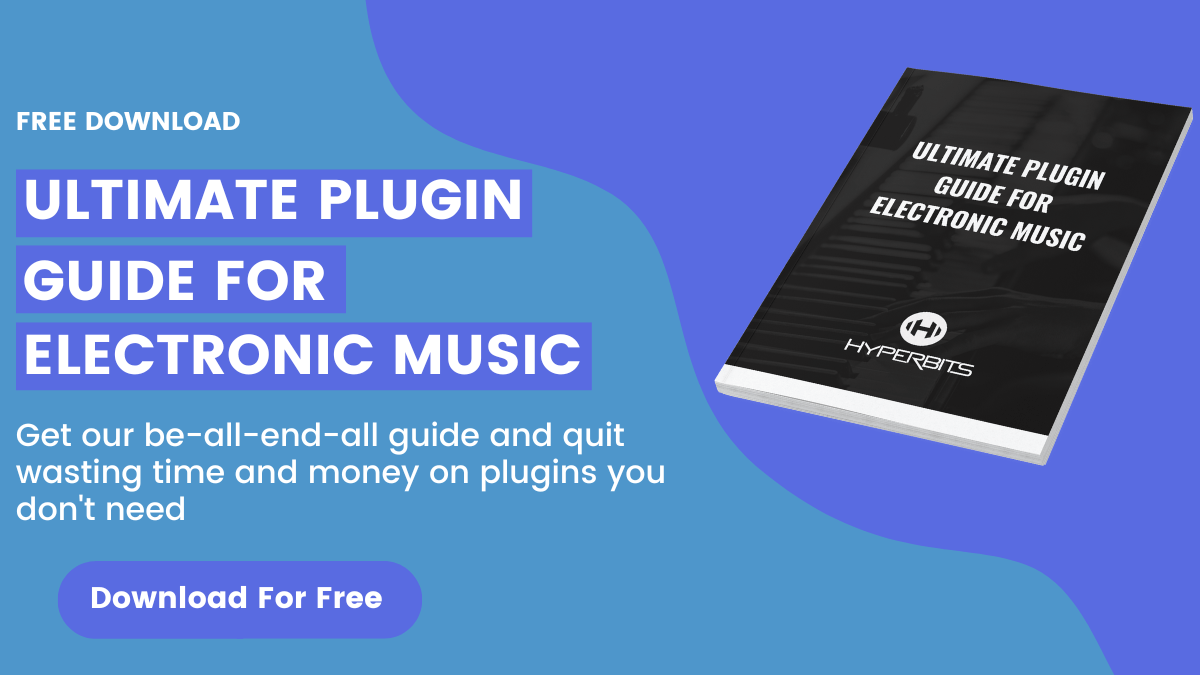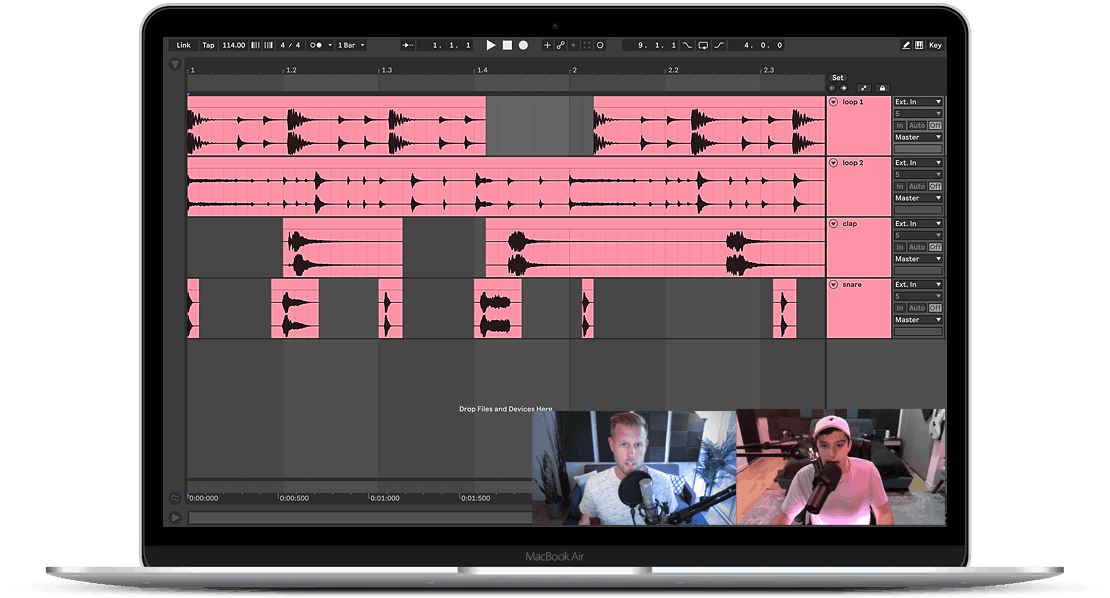9 Best Ways to Learn Electronic Music Production
“We like to think of our champions and idols as superheroes who were born different from us. We don’t like to think of them as relatively ordinary people who made themselves extraordinary.”
— Carol Dweck
Before we learn electronic music production, one of the most valuable core skills we must develop is learning how to learn — that is, finding the best ways to absorb knowledge overall.
By focusing on proven techniques and methodologies, an up and coming producer can drastically lower the considerably steep curve associated with learning electronic music production.
That said, here are 9 methods that have worked for me. These strategies allowed me to quit my corporate job, remix artists like Beyoncé and Tove Lo, work with labels like Universal, Sony & Ultra and eventually start an online music production school that has now helped thousands and thousands of music producers.
1. Look at Professional Quality Project Files
One of the most effective techniques in learning electronic music production is to simply observe what the professionals are doing. And while we are huge proponents of reference tracks, getting your hands on a professional quality project file will arm you with even more information to use in your future projects.
I remember getting my hands on project files from guys like Alesso, Nick Jonas, Tove Lo, and even Maroon 5. Seeing these stems up close and personal did wonders for my understanding and identification of high-quality sounds, samples and hidden layers that I may not have otherwise noticed..
That said, not everyone has access to such high-quality stems, but luckily, Splice takes care of that for you. You can literally download and access incredible project files in Logic, Ableton, or FL and see what is working and what is not.
Early on in your music production journey, this type of hands-on learning can be an absolute game-changer because you can not only hear the results but physically see the implementation (everything from what plugins to use, to automation nodes, to routing, grouping, sound design, mixing and mastering).
The only thing that might be better than a project file, when it comes to learning electronic music production, is seeing a producer actually build the project file in action.
We currently offer two start to finish style courses with Hyperbits & with Syence, where we create professional tracks (now will millions of plays) entirely from scratch — from empty daw to finished master.
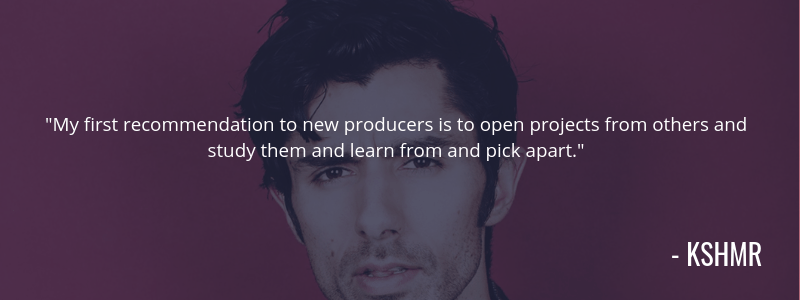
2. Produce First, Watch Tutorials Second
If you decided you wanted to pick up a new sport — let’s just say you decided to pick up snowboarding — how much time would you really spend watching tutorials about snowboarding?
You might watch something about the basics, but eventually, you just have to get out there and start failing. You’ll naturally come across your own limitations and areas in which you’re not strong, and then you might seek out some additional instruction later on.
It is the same thing with learning electronic music production. Spend time making music and you will naturally begin to pick up on the places you are weakest in. And that, my friend, is when you should be diving further into tutorials, not necessarily at the outset.
We all know plenty of producers who are addicted to education. And while education can be one of the most helpful ways to learn music production, don’t allow it to become a crutch. Education should aid your music production journey, not define it.
The best way to learn music production is to get your hands dirty, make some music, and most importantly, don’t be afraid of making mistakes. From there, take a class to put together the pieces.
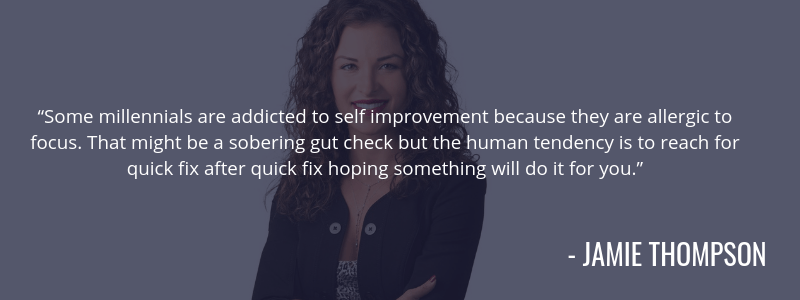
3. Use Reference Tracks
We talk all the time about the importance of using reference tracks as you learn electronic music production because you are able to calibrate your ear against the professionals (which, need I remind you, are doing exactly what you’re doing, but on the highest levels).
Think about it — every time you sit down to create music, you have an audible, professional reference track to work off of.
We certainly don’t have that when we try to learn a golf swing or execute a perfect jump shot. Reference tracks allow us to audibly compare our sounds against the professionals and keep working until the differences don’t exist. We get to hear the end result. It’s a gift, really.
That said, we believe there are 4 major types of referencing you should familiarize yourself with. We go extremely deep into each of these in the Hyperbits Masterclass, but you can start learning about each of them below.
1. Referencing for Composition: This includes musicality & arrangement, structure, & transitions.
2. Referencing for Sound Design: This includes synthesis, textures & sound choice.
3. Referencing for Mixing: This includes everything in the world of mixing and achieving balance and clarity comparable to what you are hearing in songs that you know and love. Everything from saturation, eq, compression, effects, limiting, the stereo image and gain structure.
4. Referencing for Mastering: This includes everything in the world of mixing and achieving balance and clarity comparable to what you are hearing in songs that you know and love. Everything from saturation, eq, compression, effects, limiting, the stereo image and gain structure.
It can be argued that our Mix Master Flow course is one big exercise in referencing to achieve professional quality results. And if I haven’t said it enough, I’ll say it one more time: referencing is certainly one of the best ways to go about learning electronic music production.
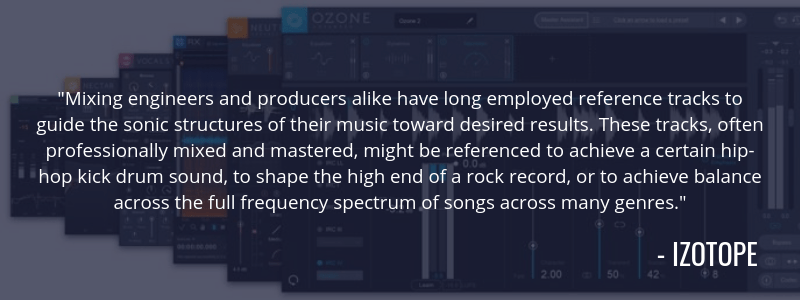
4. Watch YouTube & Read Books
According to Google, 70 percent of millennial YouTube users watched a video to learn how to do something new in 2018. That’s insane.
Of course, most music producers know that Youtube can be an incredible resource if you want to learn more regarding a specific technique, craft or strategy. And while a certainly different way to learn electronic music production, reading books might be even more helpful because it allows you to dive deeper into long-form content.
We actually put together over 40 of our favorite books for the artist’s library earlier this year, but you only need to read one or two to potentially change your outlook on creativity forever.
Back to Youtube — the biggest problem with Youtube is that it can be a huge time waster. Much like we mentioned in our second point, watching tutorials for the sake of watching tutorials is not the way to go about learning.
Make sure you are implementing the techniques and strategies you are coming across. If that doesn’t resonate yet, let me break this down further:
Good Way to Use YouTube: Set out to make a track only to get stuck when you can’t get your side chain compression to pump the way you heard it in an Illenium track. This is a perfect time to focus on a specific solution to the problem. Watch some Illenium style production videos or sidechain compression videos, take some notes, and add what you learned back into your track.
Bad Way to Use YouTube: Don’t even try to make a track because you feel you have so much to learn. Spend your day watching sound design videos. It doesn’t even matter what genre the videos are. You need to learn anything and everything in the world of sound design to help you catch up. This is the worst way to learn electronic music production on YouTube.
See the difference? One is strategic and targeted, working towards the only goal that matters (finishing music) while the other is disjointed, untargeted, and quite frankly, a bit immature.
Often times we like to fool ourselves into thinking we’re busy by hanging out on Youtube or reading production advice on Reddit. Do yourself a favor and get off Youtube and Reddit and focus on writing a song.
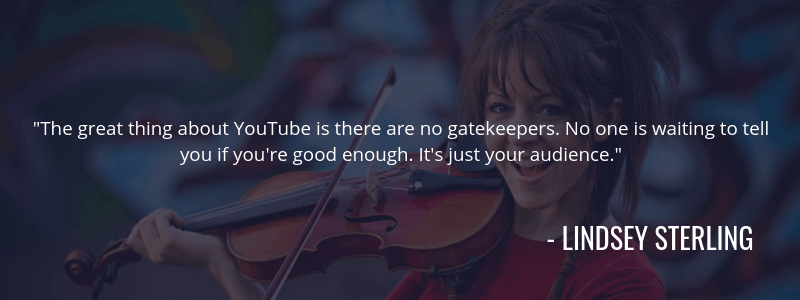
5. Collaborate With Other Producers
When I think back to when I started to learn electronic music production, I realize how much I used to live in a bubble. It wasn’t until I started collaborating with other up & coming producers that I realized how much I didn’t know.
Everything from using high quality samples, to getting the best third party plugins, to little workflow tips and shortcuts — I learned all of that stuff from working with others.
When working with others you’ll pick up some small things, and some big things. And while both may seem trivial in the broad scheme of things, music production is about collecting a lot of small tips that eventually add up into something special, you just don’t get to decide when it all comes together.
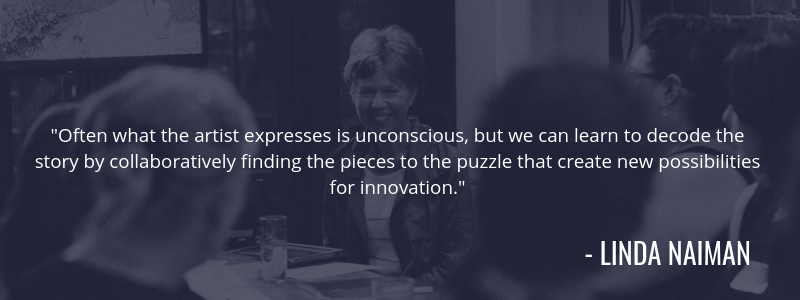
6. Find a Mentor or a Coach
Finding someone to mentor you or help coach you can be an extremely difficult task. The short of it is that it requires a huge time investment for both parties involved.
The only way to get a mentor or a coach to consistently invest their time and energy to working with you on your music is to provide the mentor some value.
Let me repeat that. You have to provide value.
Luckily, there are a lot of ways to do that:
1. Monetary Value: This is likely the most popular approach. This can get expensive as most producers worth their weight charge $75-125 per hour, at least. When I stopped giving 1on1 lessons I had maxed out my calendar at $250 per hour.
2. Time Value: Here is where things get interesting. And this might require some digging. But everyone has a limited number of hours in the day. The best way to get a mentor to take interest in you outside of monetary value? Save their time. What does he or she need help with? Solve for that, and most will be willing to help in a limited capacity.
Working with a mentor or coach is one of the best ways to learn electronic music production because it will drastically shorten your learning curve and help you identify and progress in your struggle points.
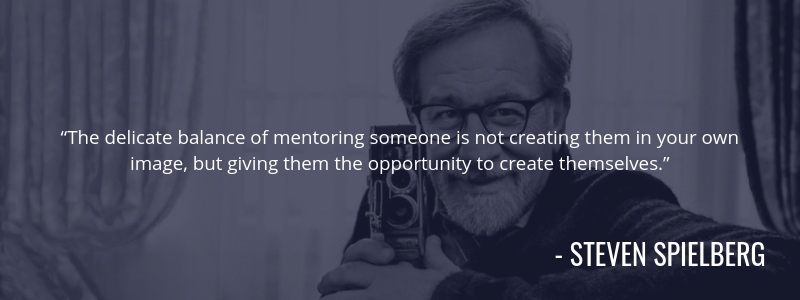
7. Invest in Education
Let’s get the elephant out of the room. Yes, we run an electronic music production school, and yes, we believe in education, and obviously we hope you choose our courses. But even if you don’t choose our courses, we hope you choose to invest in education as you learn electronic music production.
According to thirdway.org, the peak lifetime earnings for a college graduate is over one million dollars more than high school graduates. That alone speaks to the value of education on a macro scale.
But beyond the eventual financial benefits, personally, I swear by education for the mindset it creates in a student. Having a growth mindset (as opposed to a fixed mindset) is the type of intelligence I look for in collaborators, employees, freelancers, and even in my friends and relationships.
In a growth mindset, people believe that their most basic abilities can be developed through dedication and hard work — brains and talent are just the starting point. This view creates a love of learning and a resilience that is essential for great accomplishments.
That said, education has played a pivotal role in helping me learn electronic music production and get to where I am now (that is, making a living for myself and my employees, doing something we truly love, as well as being a producer who has worked with so many talented artists and labels). I can’t imagine where I’d be without education.
And although Dubspot has since shut down, the $3K I invested into taking one course many years ago is something I’ve made back hundreds, if not thousands of times over.
Look, are you going to become the next Madeon or Porter Robinson because you signed up for an online course? Most likely not. But if you select the right course, your music will improve. And some schools even have guarantees in place to make sure that happens (...or you get every cent of your money back).
If you value your time and are looking to decrease the epic and overwhelming learning curve of electronic music production, there is no better option than taking a course.
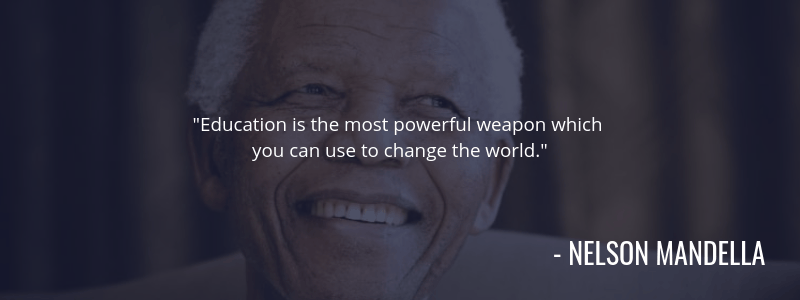
8. Stick With Your Guns (Tools)
The best way to learn music production is to get to know the tools you have very well as opposed to always searching for something new.
We’ve written about this before. Producers suffer from the paradox of choice. There are literally too many samples, too many soundbanks and too many plugins for you to be able to sort through em all.
So make things easy on yourself. Learn a few tools really well and don’t bother with everything under the sun. More is not the answer. In fact, less is the answer. There is freedom within limitations.
My recommendations on where to focus on your energies would be as follows:
- Inside your DAW? Focus on editing audio, the piano roll and automation.
- Synth of choice? Look no further than Xfer’s Serum.
- Mixing tools? You can’t beat Fabfilter’s Pro-Q, Pro-C, Pro-L & Pro-MB.
- What about reverb?: Valhalla’s Room is as good as it gets.
- Looking for some effects? The SoundToys Suite is the most bang for your buck.
- Analogue Emultations? The Waves Bundle or Slate Everything Bundle will set you right.
If you can master all of those tools you’ll be well on your way to learning electronic music production.
In fact, if you could master just that list I provided, I’d argue you’d be in the top 1-2% of music producers (no, I don’t have any actual analytical evidence to back up that number, but it certainly feels right).
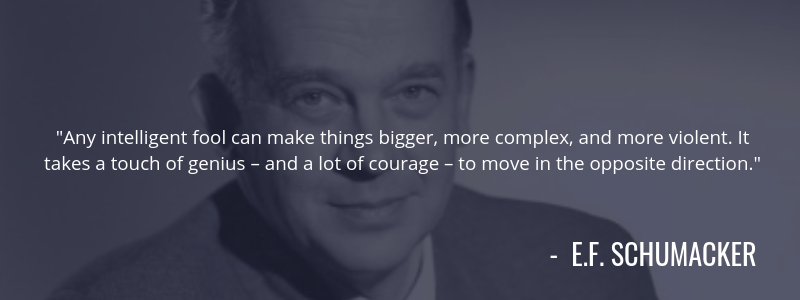
9. Take Ear Training Seriously
When looking back at some of my first projects (from over a decade ago) there is one ugly truth that stands out most to me: I didn’t know what good sounds sounded like.
I picked terrible claps. Awful kicks. My gain structure was completely out of wack. My synth game was abysmal. In short, some of my ideas were half decent, my ears were drastically under developed.
That said, there is only really a few ways to seriously progress in ear training.
1. Time (spent producing)
2. Referencing (while producing)
3. Ear Training Apps (while not producing)
Your ears will naturally improve during time spent producing. But this can take months or even years to get a handle on (it took me about 4 years). But eventually, this results in drastic improvements in sound selection as you learn to reference more closely.
Beyond that, we are huge fans of tools like Sound Gym which gamifies ear-training skills. It’s fun, addictive and ridiculously helpful. One of the best ways to learn electronic music production is to simply strengthen your ears and naturally, your productions will follow suite.
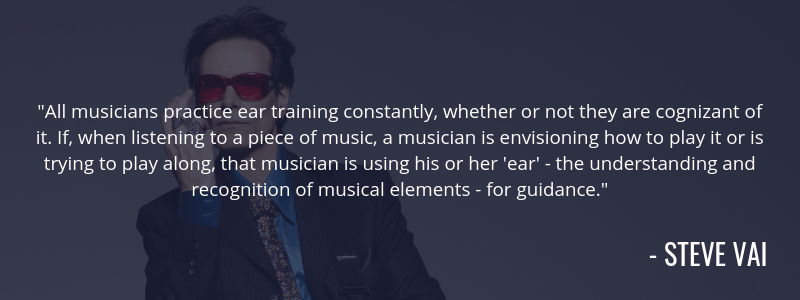
Final Thoughts
There are a lot of ways to learn music production and technically, there is no right or wrong way to go about it. Find what works for you and grow within that specific style. If I can leave you with any one big piece of advice it would be this: don’t get lost in tutorials.
Prioritize finishing music at all costs. And if it takes a mentor, YouTube, books or courses to help you get there, than do whatever is necessary to help achieve your goals and dreams.



